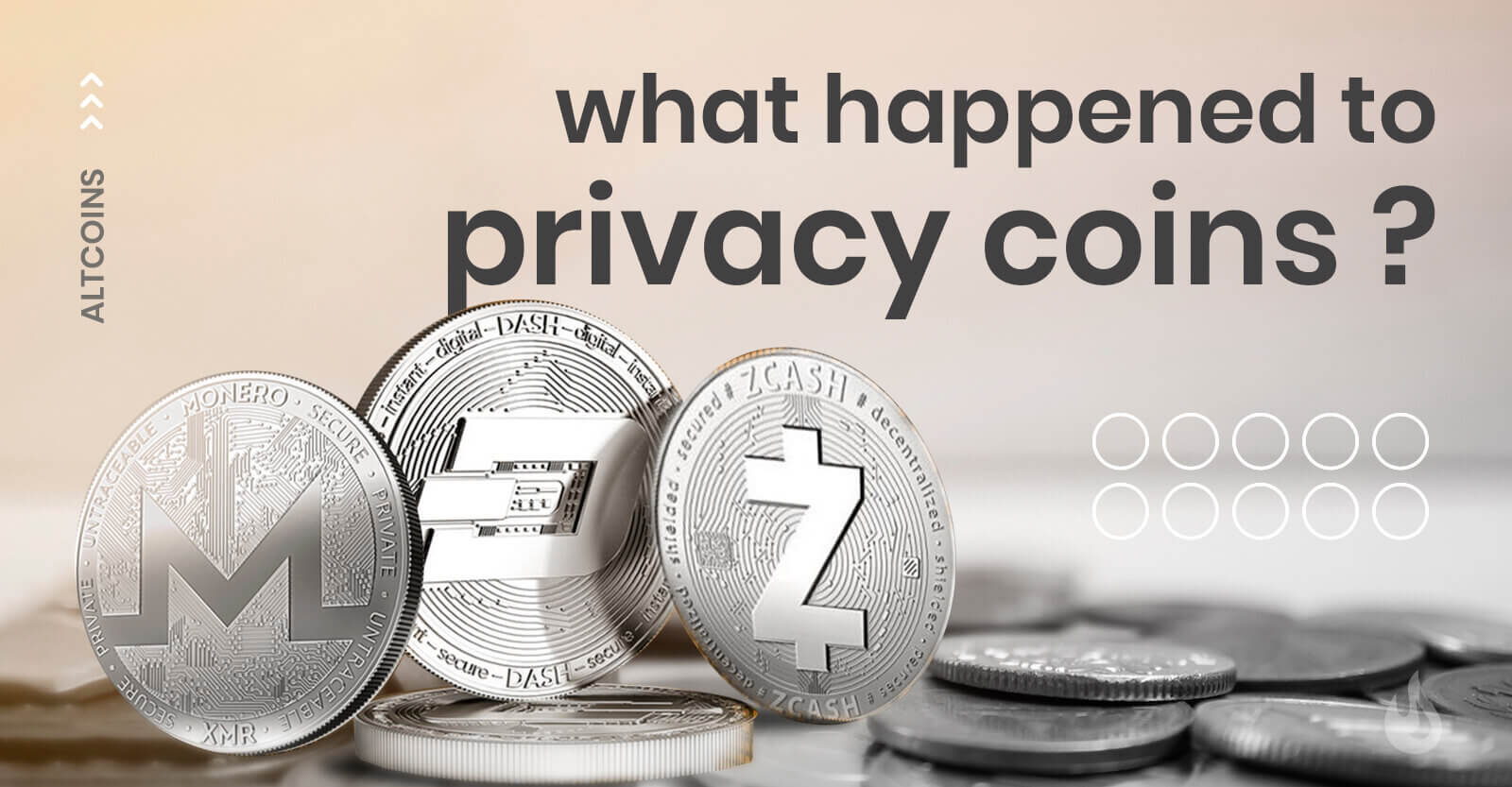Cryptocurrency pi value
Our star ratings range from poor (one star) to excellent (five stars). For more details about the categories considered when rating wallets and our process, read our full methodology. https://bettingtanzanias.com/wasafibet-app/ Our aim is to provide our independent assessment of providers to help arm you with information to make sound, informed judgements on which ones will best meet your needs. We adhere to strict guidelines for editorial integrity.
The first question when choosing a crypto wallet is whether you want a hot wallet or a cold wallet. The main difference between a hot wallet and a cold wallet is that hot wallets are connected to the internet while cold wallets are not.
A cryptocurrency wallet consists of public keys and private keys. Public keys are similar to bank account numbers — they show your cryptocurrency balance without compromising the security of your account. Meanwhile, private keys allow the wallet owner to access their cryptocurrency and sign off on transactions.
Types of cryptocurrency
Cryptocurrency has sparked a global financial revolution, creating entirely new ways to shop, save and spend. Depending where you are in your crypto journey, you may have never delved much deeper than Bitcoin or Ethereum. But there’s a wide universe of cryptocurrencies out there beyond the most popular coins. Having so much to explore can feel intimidating, so let this post serve as your guided tour through the crypto landscape. Grab your safari hat, and read on for a detailed overview of the different types of cryptocurrency, their unique features and purposes and the innovative blockchain technology that underpins them.
If you’ve heard of cryptocurrency, chances are you’ve heard of Bitcoin, which introduced the world to digital money. Launched in 2009 by a pseudonymous creator called Satoshi Nakamoto, Bitcoin was designed as a decentralized, peer-to-peer network for sending money around the world outside traditional banking system guardrails. It was the first cryptocurrency to garner widespread acceptance, and remains by far the most valuable cryptocurrency in the market. Considered by many as a form of “digital gold”, Bitcoin is popular as both an investment and a store of value. It’s accepted as a form of payment by many merchants and service providers worldwide.
Despite the thousands of competitors that have sprung up, Bitcoin—the original cryptocurrency—remains the dominant player in terms of usage and economic value. None have matched its market cap and value so far.
If you only want to buy cryptocurrency as an investment, you may be able to do so through your brokerage. For example, Robinhood allows users to invest in bitcoin and other cryptocurrencies, although you cannot withdraw them from the platform for purchases. In addition, there are several crypto ETFs that provide exposure to the crypto asset class without requiring the investors to maintain their own wallets. For instance, as of May 2024, investors may choose to hold Bitcoin futures ETF shares. The SEC has also approved the listing and trading of Ether spot shares.
You probably remember NFT mania from 2021 when CryptoPunks and Bored Apes were all the rage on social media. But the underlying technology behind non-fungible tokens has many valid use cases. By “minting” an NFT, a digital file is imbued with a unique fingerprint (hash), a token name and a symbol. This newly created, one-of-a-kind asset can then be stored on the blockchain, traded or sold at the owner’s discretion. The true and rightful owner will always be determinable by the permanent record on the blockchain. Unlike other cryptocurrencies, NFTs are “non-fungible”, meaning they can’t be exchanged 1 for 1.

Difference between forex and cryptocurrency
It’s important to note that both the forex and cryptocurrency market aren’t regulated by the same authority. The forex market is OTC, which involves numerous transactions among several market participants such as central banks and investment funds and is heavily regulated.4
A higher volatility means more risk for investors — and a greater chance of an exponential upside as well as huge, financially crippling losses. Higher volatility also means less liquidity (ease of trading) because more people are naturally attracted to a smooth marketplace. Low volatility and high liquidity mean the forex market can better absorb economic shocks. This characteristic benefits the average person — investor and non-investor — with relatively stable currencies even in bad economic times.
Crypto is a smaller market than forex. For example, if another $256 billion entered the crypto market, you could ideally expect the prices of all crypto to double. That same $256 billion represents a change of about 4% in the forex market. As a result, the crypto market is more volatile than the forex market.
The large size of the forex market also gives it different levels of volatility and liquidity. Forex beginners can start out trading currency pairs from stable countries with more protection from large losses before moving on to more speculative trades.
Both markets are volatile, however cryptocurrencies tend to experience more volatility than forex pairs. This means crypto prices are highly likely to be affected by even the smallest of market movements, leading to significant fluctuations in a single trading session. Volatility will increase your risk, it’s important to manage your risk carefully.
You deposit $100 with a forex broker. You want to exchange U.S. dollars for British pounds. Assuming the rate of $1 = £0.5, you will receive £50 for your $100. If the GBP/USD rate were to change to 0.45, you could close the position at 50/0.45 = $111.11.